The book critically examines and analyses the various issues and problems associated with digital library and its future prospects in the age of information technology. As a matter of fact, digital library is comprehensive concept applicable to a wide array of digital entitles. Comparatively speaking, digital libraries have the potential to store much more information on account of the fact that it requires very little physical space to contain it while traditional libraries are limited by storage space. From the economic perspective, the cost of maintaining a digital library is much lower than that of a traditional library. A traditional library must spend large sums of money paying for staff, book maintenance, rent and additional books. Digital libraries do away with these fees.
In operational terms, digital libraries are built out of components that are integrated into a production quality system. Broadly speaking, the key elements of the digital library include metadata, digital objects, repositories and harvesting, rights management, resource discovery, servicing, indexing and retrieving, linking, annotating and browsing, interface and interaction, architecture and inter-connecting. All these aspects of digital library have discussed and analysed.
Online education and quality control methodologies and electronic reference services are important ingredients of digital library. These aspects have been critically investigated in chapters fifth and sixth respectably. Distributed computing requires that different computers share some technical standards. With distributed searching, a result might want to search many independent collections with a single query, compare the results, choose the most promising and retrieve selected materials from the collections.
This book will be of immense help to all those contemplating to acquire expert knowledge of digital library, trends and prospects with special reference to Library and Information Science and Management.

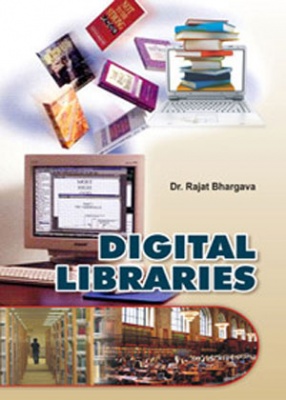

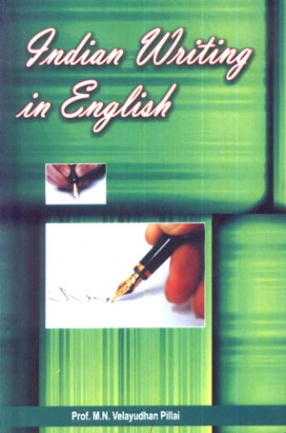
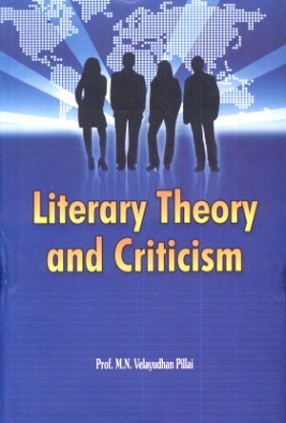
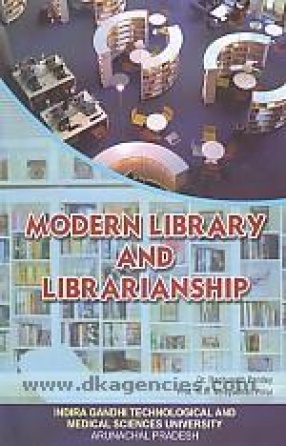
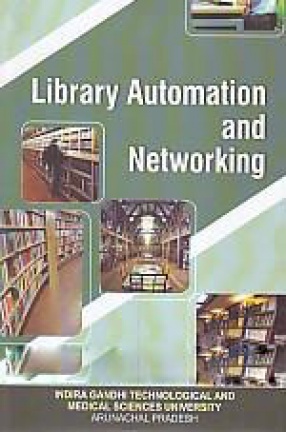
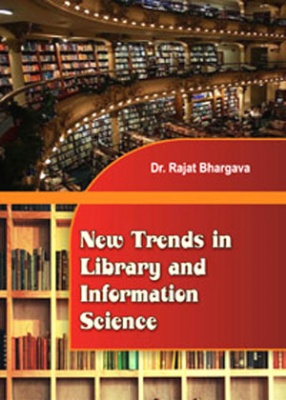

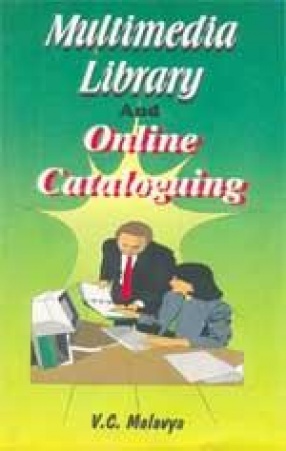
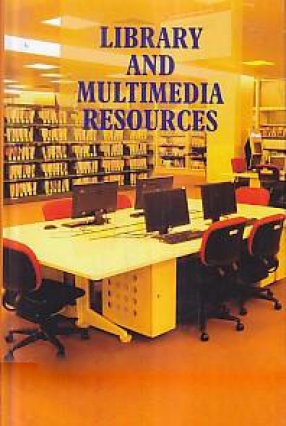
There are no reviews yet.